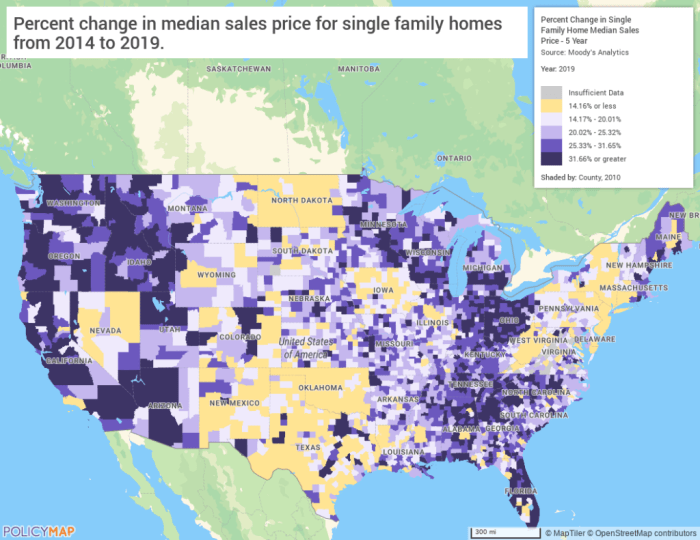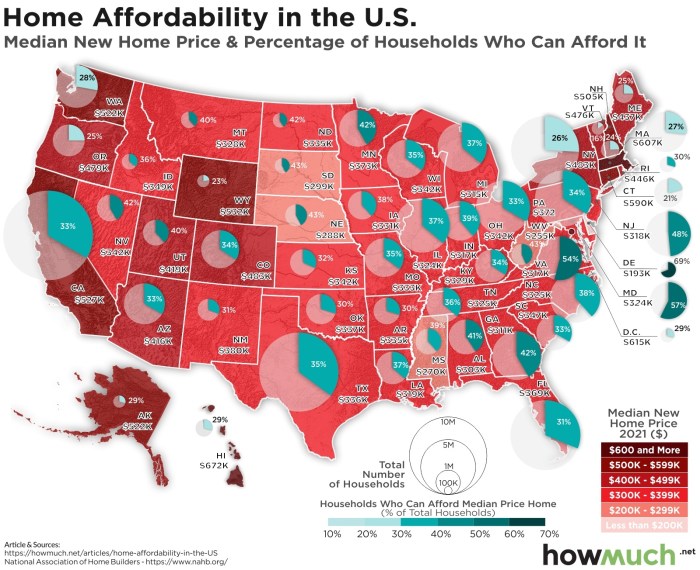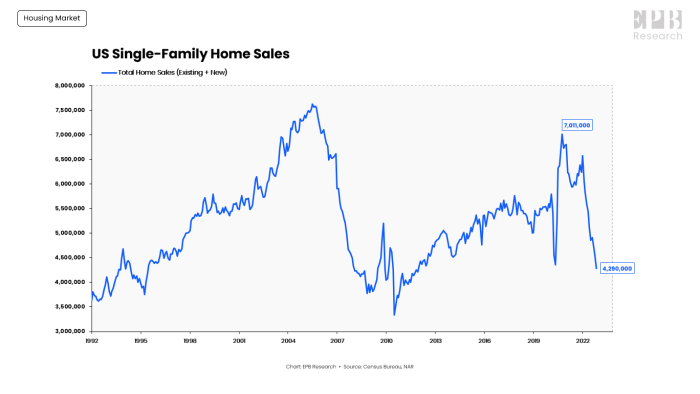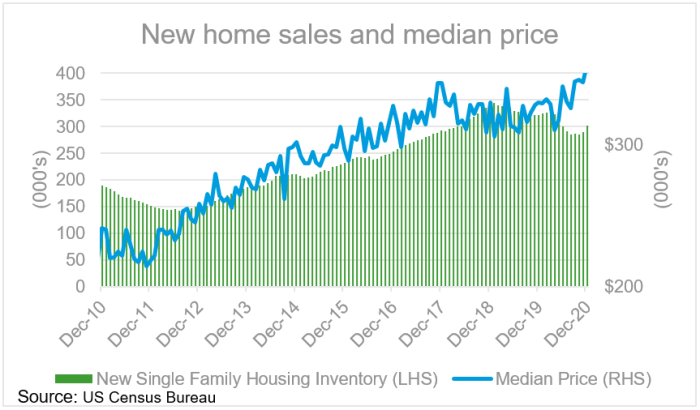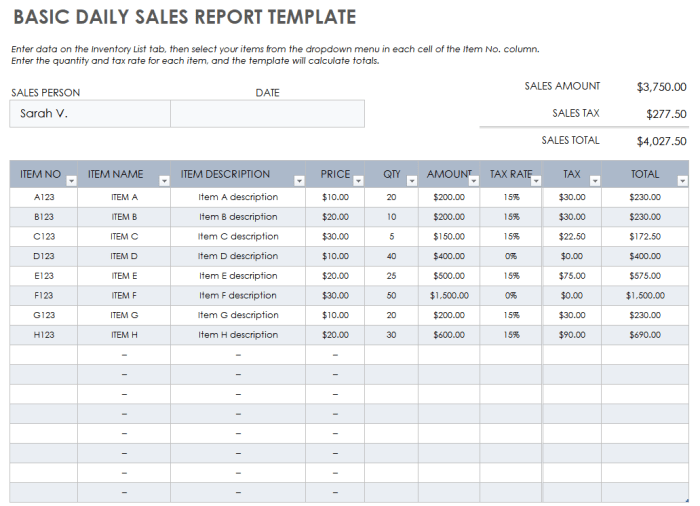Home Sales Commission: A Comprehensive Guide to Maximizing Your Earnings
Home sales commissions play a pivotal role in the real estate industry, shaping the earnings of real estate agents and impacting the home buying and selling process. This guide delves into the intricacies of home sales commission, exploring its structure, influencing factors, and strategies for maximizing earnings.
From understanding the typical commission structure to negotiating higher commissions and navigating ethical considerations, this comprehensive guide empowers real estate agents with the knowledge and insights they need to succeed in the competitive world of home sales.
Home Sales Commission Structure
In the realm of real estate, the home sales commission is a pivotal aspect that determines the compensation of agents for their services in facilitating property transactions. The structure of these commissions can vary depending on factors such as the type of property, the region, and the brokerage firm.
Understanding the intricacies of commission structures is crucial for both agents and clients alike.
Typically, home sales commissions are structured as a percentage of the property’s final sale price. This percentage is typically split between the listing agent (representing the seller) and the buyer’s agent (representing the buyer). The standard commission rate in the United States is around 6%, which is evenly divided between both agents.
However, it’s important to note that this rate can vary depending on the circumstances. For instance, in luxury real estate markets, commissions may be higher, while in low-priced areas, they may be lower. Additionally, some brokerage firms may offer different commission structures, such as flat fees or hourly rates.
Commission Splits, Home sales commission
The commission split between the listing agent and the buyer’s agent is often determined by the brokerage firm’s policy. In most cases, the split is 50-50, but it can vary from 40-60% to 60-40%. The agent who brings in the buyer (the buyer’s agent) typically receives the larger share of the commission.
Bonuses
In addition to the base commission, agents may also be eligible for bonuses. These bonuses can be offered for achieving certain sales targets, such as selling a certain number of properties within a specific period or generating a certain amount of revenue.
Bonuses can provide additional motivation for agents to perform at a high level.
Factors Influencing Home Sales Commissions
The amount of commission paid to real estate agents is not set in stone and can vary based on several factors. Understanding these factors can help agents negotiate higher commissions and maximize their earnings.
Market Conditions
Market conditions play a significant role in determining commission rates. In a seller’s market, where homes are in high demand and selling quickly, agents may be able to negotiate higher commissions. Conversely, in a buyer’s market, where homes are taking longer to sell, agents may need to lower their commission rates to attract clients.
Property Type
The type of property being sold can also influence commission rates. Luxury homes, commercial properties, and land often command higher commissions due to the complexity of the transactions and the specialized knowledge required to sell them.
The home sales commission structure varies widely, depending on factors like the market, location, and experience of the agent. In the home sales market , it’s crucial to find an experienced agent who can navigate the complexities and maximize your commission.
Agent Experience
Experienced agents with a proven track record of success may be able to negotiate higher commissions. Buyers and sellers are more likely to trust and pay a higher commission to an agent who has a strong reputation and a history of closing deals successfully.
Strategies for Maximizing Home Sales Commissions
Maximizing home sales commissions requires a multifaceted approach. Here are some strategies for real estate agents to increase their earning potential:
Effective Marketing
* Develop a comprehensive marketing plan that targets potential buyers and sellers.
- Utilize online and offline channels to reach a wider audience, including social media, email campaigns, and print advertising.
- Create high-quality listing presentations and virtual tours to showcase properties effectively.
Strong Negotiation Skills
* Develop strong negotiation skills to secure the best possible terms for clients.
- Prepare thoroughly for negotiations by researching market trends, comparable sales, and the needs of both buyers and sellers.
- Be assertive but professional, and always aim for a win-win outcome.
Building Relationships with Clients
* Build strong relationships with clients based on trust and open communication.
- Provide exceptional customer service throughout the entire transaction.
- Go the extra mile to exceed client expectations and create lasting connections.
Additional Tips
* Specialize in a particular market niche or property type to become an expert in your field.
If you’re a realtor, you know that home sales commission is a crucial part of your income. But did you know that there’s an app that can help you increase your commissions? The home sales app can help you manage your leads, track your progress, and close more deals.
It’s a must-have tool for any realtor who wants to succeed in today’s market. And with its user-friendly interface and affordable pricing, there’s no reason not to give it a try. So what are you waiting for? Download the home sales app today and start boosting your commissions!
- Network with other professionals in the industry, such as lenders, attorneys, and home inspectors.
- Seek ongoing professional development to stay up-to-date with industry best practices and market trends.
Comparison of Home Sales Commissions Across Regions
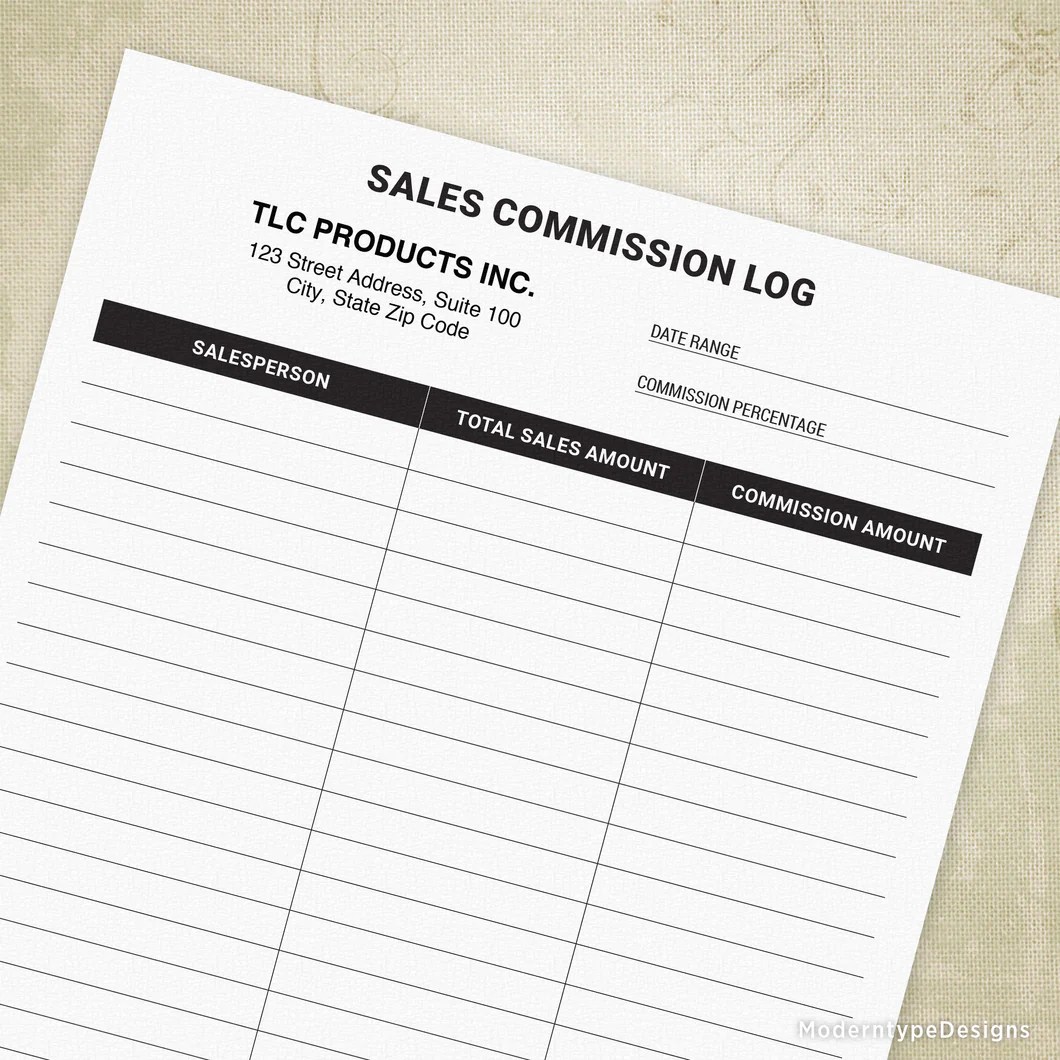
Home sales commissions can vary significantly across different regions and cities. Understanding these variations is crucial for real estate professionals to optimize their earnings and for home buyers and sellers to plan their real estate transactions effectively.
The disparities in home sales commissions are influenced by a combination of factors, including the cost of living, market competition, and local regulations.
Cost of Living
The cost of living plays a significant role in determining home sales commissions. In regions with a higher cost of living, real estate professionals typically charge higher commissions to cover their operating expenses and maintain a reasonable standard of living.
Market Competition
Market competition also affects home sales commissions. In highly competitive markets, real estate professionals may lower their commissions to attract more clients and secure listings. Conversely, in less competitive markets, real estate professionals may be able to charge higher commissions due to reduced competition.
Local Regulations
Local regulations can also impact home sales commissions. Some states or cities have established maximum commission rates that real estate professionals can charge, while others allow for more flexibility in commission structures.
Ethical Considerations in Home Sales Commissions
In the realm of real estate, ethical considerations play a pivotal role in ensuring fairness and integrity during the negotiation and receipt of home sales commissions. Real estate agents bear the responsibility to uphold ethical principles, prioritize their clients’ interests, and avoid conflicts of interest.
To navigate these ethical considerations effectively, agents should adhere to the following guidelines:
Transparency and Disclosure
- Agents must disclose all potential sources of compensation, including commissions, bonuses, and referral fees, to their clients in a clear and timely manner.
- They should avoid engaging in dual agency, where they represent both the buyer and seller in the same transaction, without obtaining informed consent from both parties.
Conflicts of Interest
- Agents should be vigilant in identifying and avoiding conflicts of interest that may compromise their ability to provide unbiased advice to their clients.
- For instance, they should not accept commissions from both the buyer and seller in the same transaction, as this may create a conflict between their fiduciary duty to each party.
Fair Treatment of Clients
- Agents have an obligation to treat all clients fairly and equitably, regardless of their financial means or other personal characteristics.
- They should avoid steering clients towards properties that may generate higher commissions at the expense of their clients’ best interests.
Professional Conduct
- Agents should maintain a high level of professionalism in all their dealings with clients, colleagues, and the general public.
- They should be honest, ethical, and respectful in their communications and actions.
Wrap-Up: Home Sales Commission
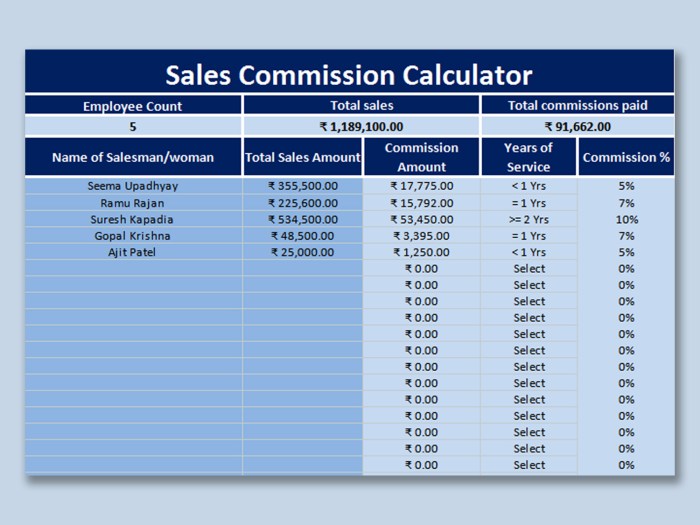
In the dynamic world of real estate, home sales commissions remain a crucial element. By embracing the strategies Artikeld in this guide, real estate agents can maximize their earnings, navigate the ethical landscape, and ultimately deliver exceptional service to their clients.

